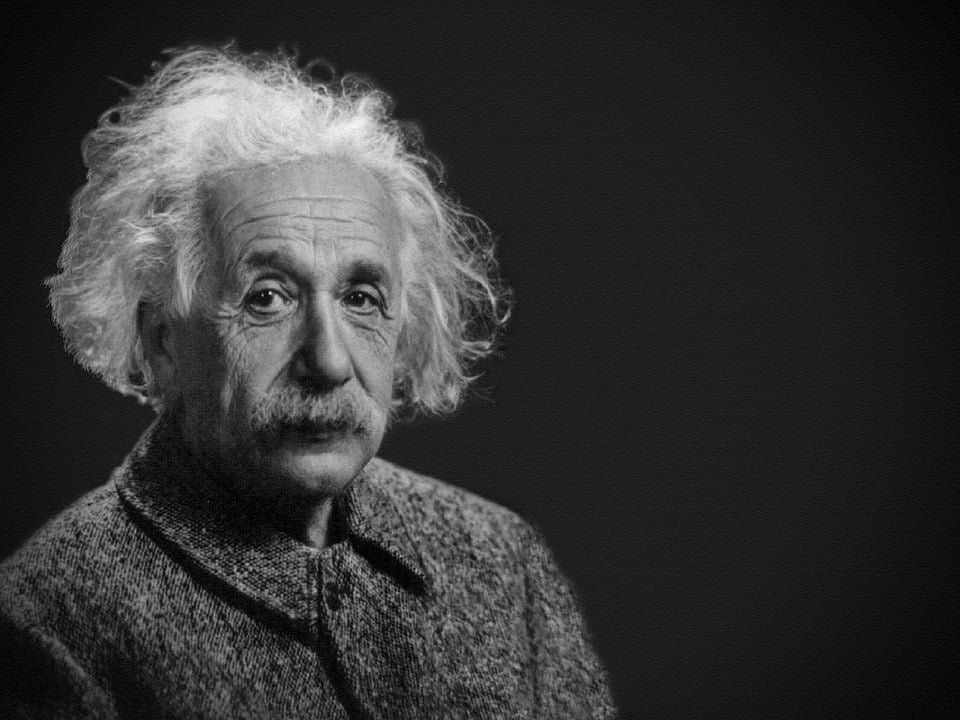[ad_1]
Quantum Computing: The Future of Artificial Intelligence
The world of technology is constantly evolving, and with it, the field of Artificial Intelligence (AI). AI has seen some remarkable improvements in the past few years, with machines becoming smarter and more intuitive, helping people with everyday activities and making complex tasks possible.
But the future of AI is not only about the software and hardware improvements, but rather it depends on a revolutionary and disruptive technology, known as Quantum Computing.
Quantum Computing is not simply a faster computer, but a new way of solving problems that go beyond the limitations of classical computing, offering exponential improvements in terms of speed and processing power.
To understand this concept, we need to delve into the principles of quantum physics, which are fundamentally different from classical physics. The classical computing operates based on the binary system, where the bits represent either 0s or 1s. In contrast, quantum computing operates on the principles of quantum mechanics, and its fundamental unit of information is a qubit, which can represent multiple states simultaneously, up to a certain limit. By exploiting this property of qubits, Quantum Computing achieves massive parallel processing and enables solving complex problems that were previously intractable.
So what does this mean for the world of AI?
Quantum Computing holds the potential to accelerate the progress of AI research by solving complex computational challenges that are currently infeasible with traditional computing systems. This can enable AI technologies to perform tasks and make decisions much faster, with more precision and accuracy.
For instance, Quantum AI algorithms can help in developing intelligent systems that deal with a vast amount of data that is difficult to process using classical algorithms. These algorithms can perform tasks such as predicting weather patterns, optimizing traffic, or developing complex drug molecules that are only possible with large-scale quantum simulations.
Moreover, the quantum computing infrastructure can enhance the security and privacy of AI systems by enabling the use of un-hackable quantum cryptography and advancing the developments in AI safety and ethics.
Although Quantum Computing is still in its early stages, it is rapidly advancing. Many tech companies, governments, and academic researchers are investing in this field, and some have already achieved impressive breakthroughs. In 2019, Google announced a Quantum AI system called Sycamore, which was able to solve a problem in just 200 seconds, which would take classical computing systems about 10,000 years to solve.
In conclusion, Quantum Computing has great potential in the field of Artificial Intelligence. It can provide a breakthrough in the development of intelligent systems that can tackle complex computational challenges and perform tasks at unprecedented speed and accuracy. The future of AI will rely on this revolutionary technology, and continuous progress in this field will help create innovative solutions that can shape the world for years to come.
[ad_2]







